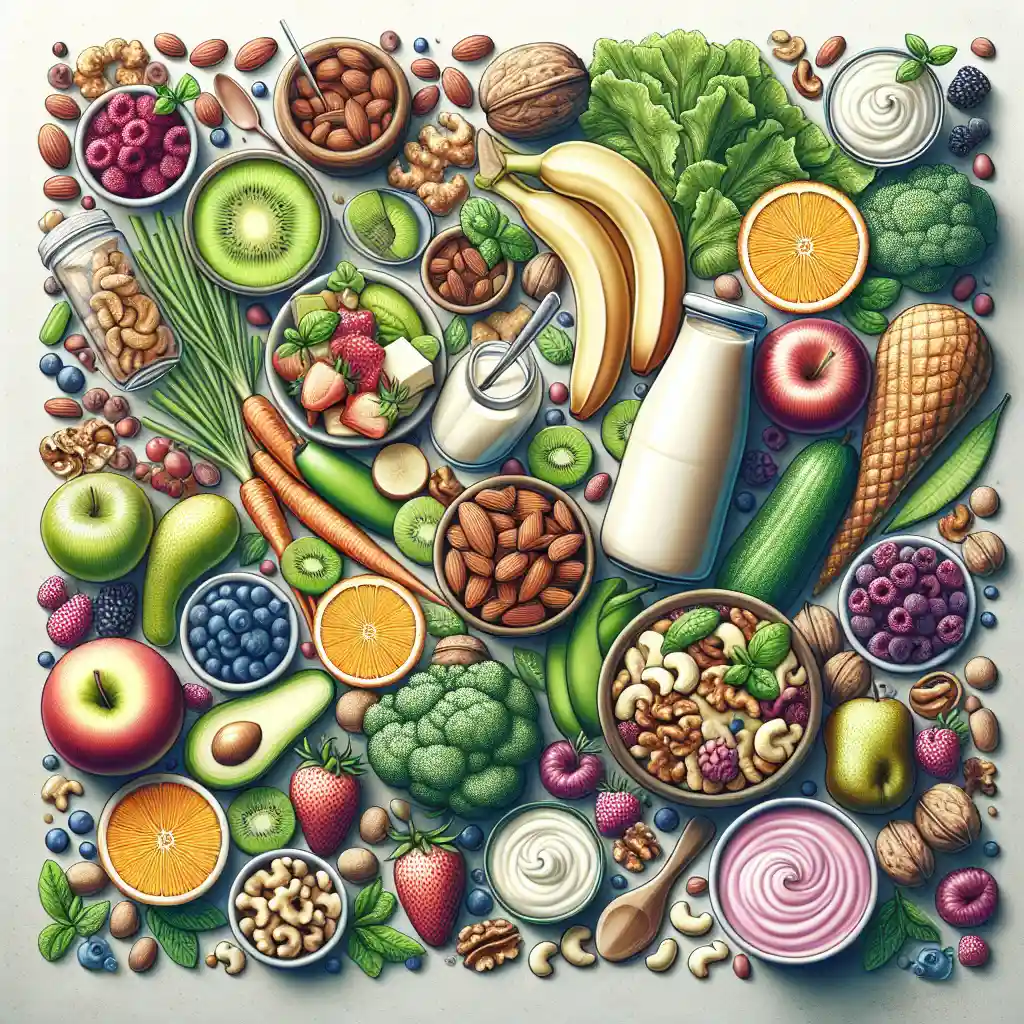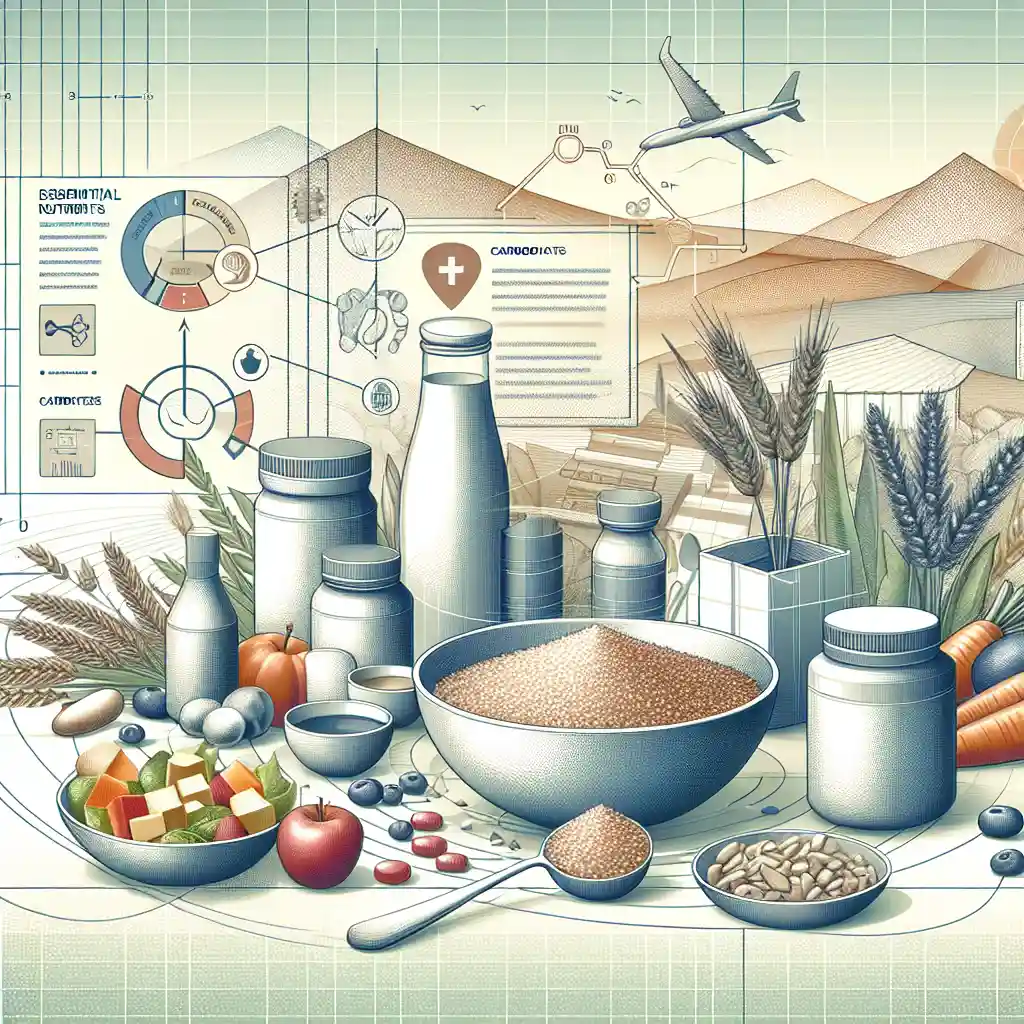Nutrition Tips for Managing Dietary Allergies and Restrictions
In today's blog post, we will discuss some essential nutrition tips for managing dietary allergies and restrictions. We will cover topics such as allergy-friendly nutrition, eating with allergies, and achieving a nutrient balance despite limitations. By following these tips, you can still enjoy a diverse and healthy diet while managing your dietary restrictions effectively.

Understanding Your Allergies and Restrictions
The first step in managing your dietary allergies and restrictions is to fully understand what you can and cannot consume. Make a list of all your allergies and sensitivities, and research alternative options for common triggers. By educating yourself on food labels and ingredients, you can make informed decisions when shopping or dining out. Remember to communicate your restrictions clearly to others to avoid any accidental exposure.
Focus on Whole, Unprocessed Foods
When dealing with dietary allergies and restrictions, it's best to focus on whole, unprocessed foods to minimize the risk of allergen exposure. Fresh fruits and vegetables, lean proteins, whole grains, and healthy fats should form the basis of your diet. These foods are not only nutritious but also less likely to contain hidden allergens or additives. Incorporate a variety of colors and textures to ensure you are getting a wide range of nutrients.
Get Creative with Substitutions and Alternatives
Managing dietary allergies and restrictions doesn't mean you have to miss out on your favorite dishes. Get creative in the kitchen and experiment with substitutions and alternatives to traditional ingredients. For example, you can use applesauce or mashed bananas as a replacement for eggs in baking, or opt for coconut or almond milk instead of cow's milk. Explore ethnic cuisines that naturally avoid common allergens for new and exciting meal options.
Plan Ahead and Batch Cook
To make eating with allergies more manageable, consider planning your meals ahead of time and batch cooking when possible. This strategy can help you avoid last-minute temptations or resorting to convenience foods that may not align with your dietary needs. Prepare large batches of allergy-friendly meals and store them in portion-sized containers for quick and easy access throughout the week.
Seek Professional Guidance
If you're struggling to navigate your dietary restrictions or ensure you're getting the right balance of nutrients, don't hesitate to seek professional guidance. A registered dietitian or nutritionist can help you create a customized meal plan that meets your specific needs while addressing any deficiencies or concerns. They can also provide valuable resources and support to empower you on your journey to better health.
Stay Positive and Flexible
Managing dietary allergies and restrictions can be challenging at times, but it's essential to maintain a positive attitude and remain flexible in your approach to food. Focus on what you can eat rather than what you can't, and celebrate small victories along the way. Remember that your health and well-being are worth the extra effort, and with the right strategies and mindset, you can still enjoy delicious and nourishing meals despite your limitations.
By implementing these nutrition tips for managing dietary allergies and restrictions, you can take control of your health and well-being while savoring the joys of food in a safe and mindful way. Remember that diversity and balance are key components of a healthy diet, even when navigating challenging dietary limitations. Stay informed, be proactive, and prioritize self-care as you embark on this journey towards a healthier and happier you.


















